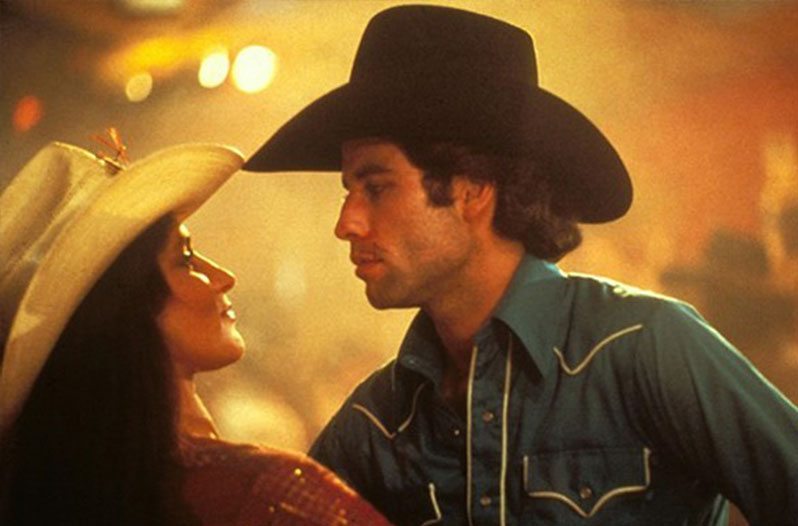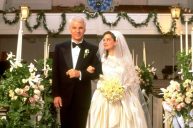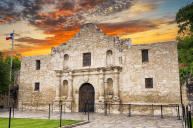[dropcap]W[/dropcap]ith its storied history and colorful characters, Texas is a filmmaker's dream. There are so many movies about Texas or set in Texas that it's almost impossible to choose which ones are the most iconic. This list is a compilation of the movies that make audiences think of Texas. Whether they're cheesy or authentic, these 10 iconic Texas movies typify the Lone Star State in the minds of moviegoers everywhere. Learn more about these iconic Texas movies in the section below.
- United Artists
- Paramount Pictures
- Metro-Goldwyn-Mayer
- Miramax
- EMI Films
- Universal Pictures
- Warner Bros.
- Columbia Pictures














